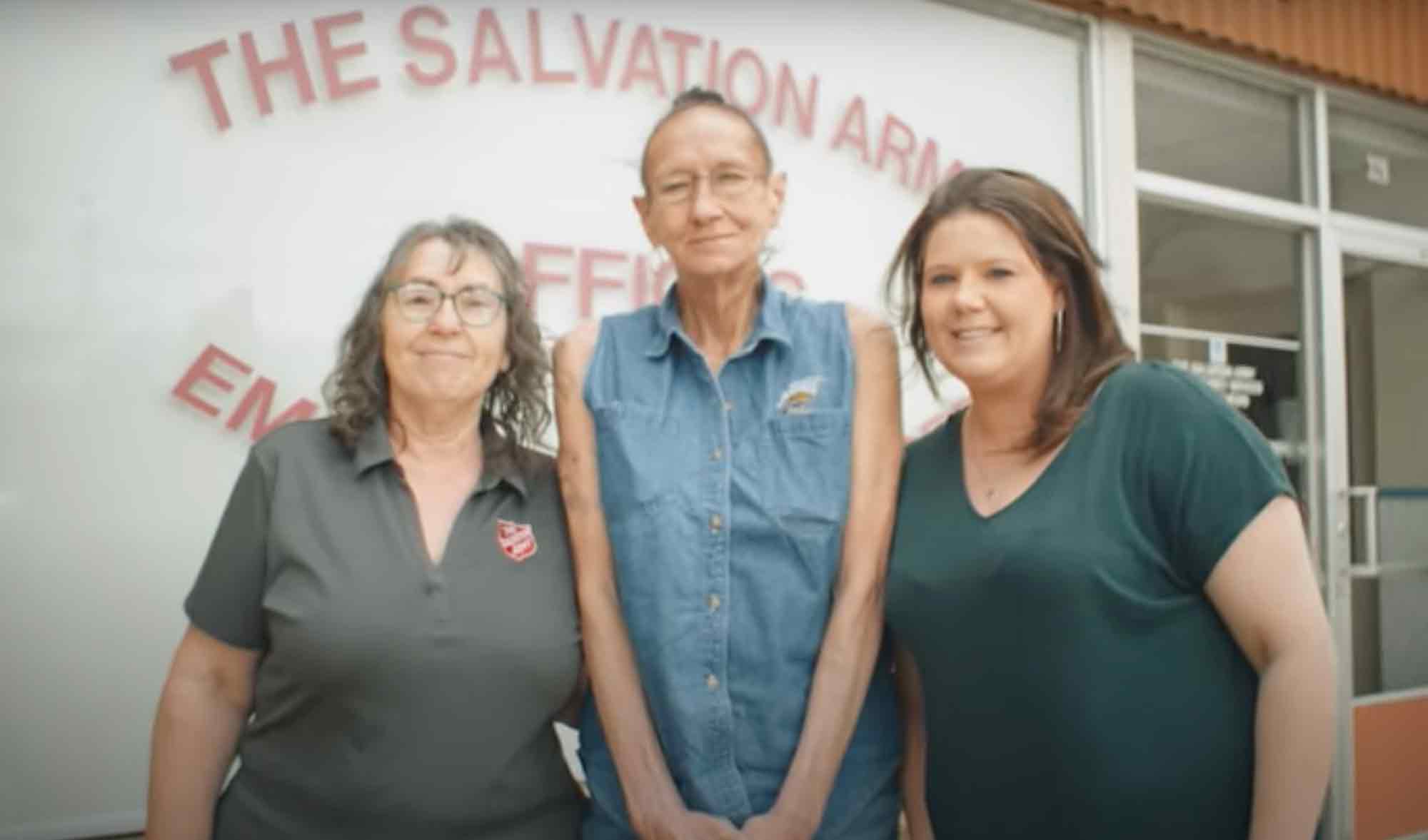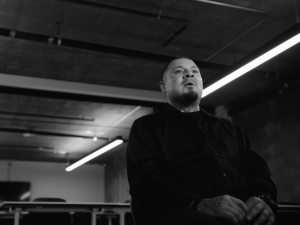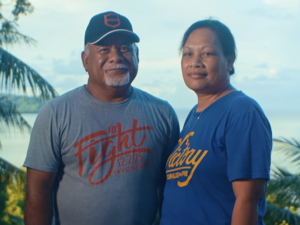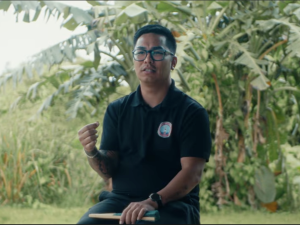In Havre, Montana, The Salvation Army works in the face of debilitating poverty, helping to reintegrate folks like Holly Dorcheus and Denise Stump into healthy and stable communities. Recidivism is a prevalent cycle in the small town, but working in partnership with the Montana Treatment Court, they’ve found success in offering guidance towards a positive new life.
Holly Dorcheus: If you’re struggling with addiction, it is hard growing up here. I’ve struggled since I was 13, on the daily. And if it’s not drugs or alcohol, it was men for me.
Denise Stump: There’s so much boredom out there, so everybody’d just be drinking or something.
Trina Crawford: Havre, Montana, is a very small town. We’re less than 10,000 people, population-wise. We sit between two Reservations. Poverty level is very high because there’s not a lot of jobs. There just is not a lot here for people.
Denise Stump: When I first started drinking, it was mostly peer pressure. Probably around 15 [years old]. I just went along with the crowd.
I had three sons and two daughters. My alcoholism got worse, and when I was drinking, I thought I was trying to show respect by not being around them, drinking, but I was hurting them from not being there.
Holly Dorcheus: The boyfriend that I had at the time, his mom and dad sold drugs. He introduced it to me.
I have five kids, but I don’t have them. I’ve lost all of them, and I never did get them back. I signed my rights over. I was so sad, I just continued to drink. And you want to just cover up that pain of not having your children.
Trina Crawford: We were starting to see, here at Salvation Army, this trend of people coming out of the jail system, going back to the home that they offended in, reoffending, going back to jail. And it was a cycle.
Hon. Kaydee Snipes Ruiz: The Treatment Court serves as a jail alternative for high-risk, high-need offenders, providing structure and accountability. We’ve partnered with our local Salvation Army’s RISP program to provide those auxiliary services to our participants in need, to bridge the gap.
Holly Dorcheus: I couldn’t get clean for the life of me. I came and saw Trina, and so she’s got me into this RISP program.
Trina Crawford: RISP stands for Reintegration Into Society Program. So the first stage is sobriety. Number two, is get them reintroduced to what it feels like to go to a job.
Denise Stump: I’m learning how to use a computer and I really like it. I think God sent me here, so I’m doing His work.
Trina Crawford: So we’re training her to be in the office, and she answers phones. She does our Gift-In-Kind for us, so it’s just kind of neat to see that transformation. But the other aspect that we have in this is that they have to be a part of a healthier community.
For most people, it’s more than just the substance, it is also a relationship with somebody else. If you don’t know what codependency is, how do you know that you’re codependent?
Holly Dorcheus: The Christian Codependency Classes teaches you about the toxic relationships, how to set boundaries with these people.
I needed to be checking in with people every day, you know, showing them that I’m still sober. It’s very important to have people that love you and care about you.
Trina Crawford: They have somebody that sees them, besides what they’ve done. We’re created in God’s image, and it’s an amazing image.
Denise Stump: The Bible Studies I’m taking right now, I’m really learning a lot. I want to get in depth with the scriptures, and I really like it.
Holly Dorcheus: It’s really opening my eyes a lot. My relationship with God is the relationship that I want.
Denise Stump: My grandchildren just see a different me, so we all have better communications now, now that I quit drinking, and everything is just all loving. They’re all happy that I’m sober.
Trina Crawford: Now they’re teaching their children something different, and now they’re back in the healthier community. That’s when the real change happens.
Denise Stump: Yeah, my grandchildren are coming to church with me. So it’s just wonderful right now.
Hon. Kaydee Snipes Ruiz: Many of our treatment court participants have greatly benefited from The Salvation Army’s RISP program. Gaining a safe space, a sense of purpose and assistance to become employable, sober, productive community members.
Holly Dorcheus: I mean, by the grace of God, I’m sober today. I’m excited to see where my future takes me.
Denise Stump: I’m doing so much better today, and I want to keep going. I’m looking forward to the future.
Do Good:
- See more videos like this in our video feed.
- Tune in to the Do Gooders Podcast to hear Trina Crawford share about The Salvation Army’s Pathway of Hope program and the importance of community.
- Read more about the Reintegration into Society Program (RISP) in Havre, Montana.












